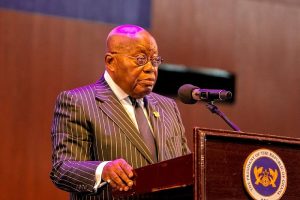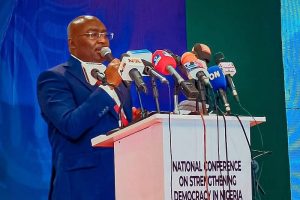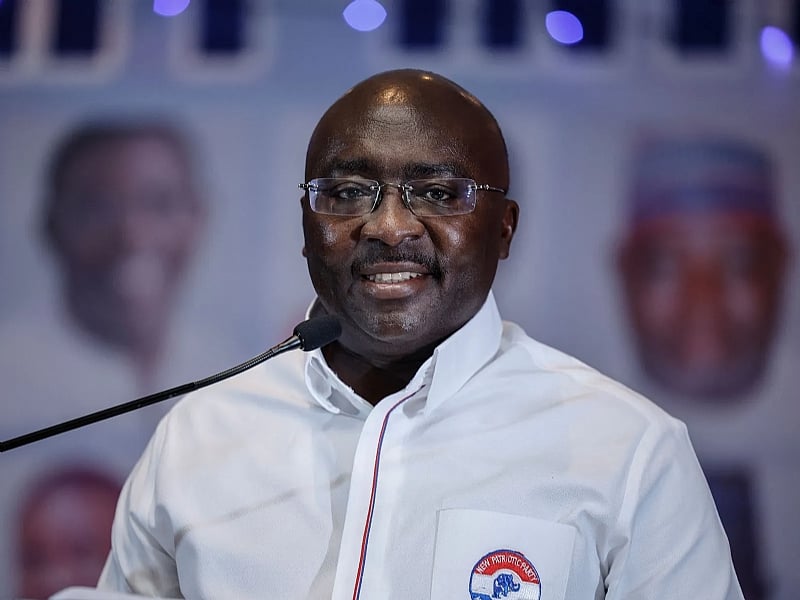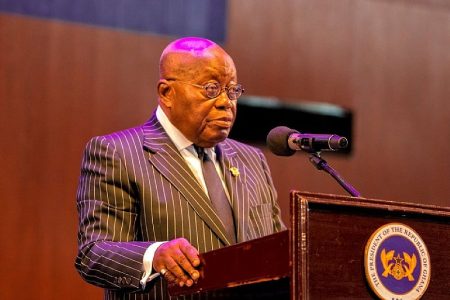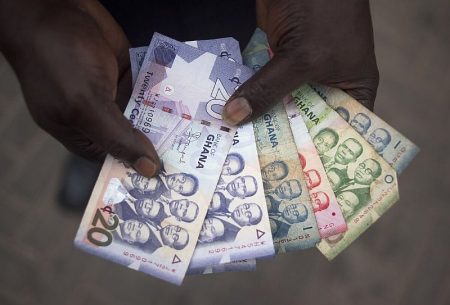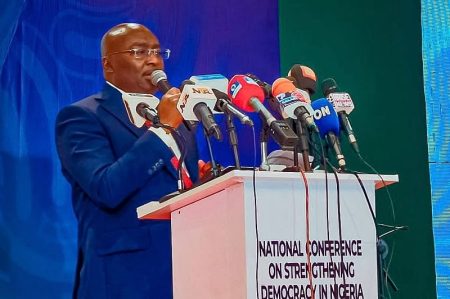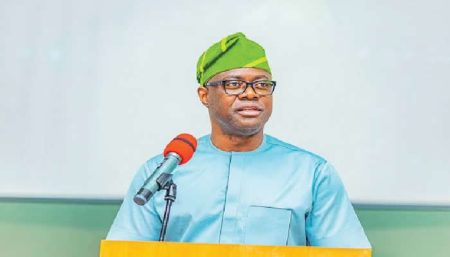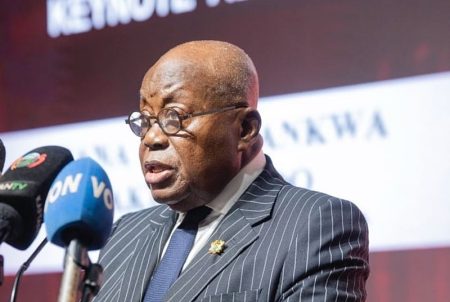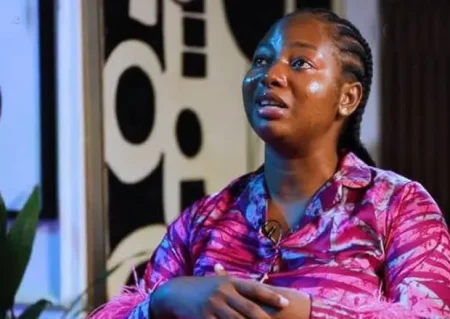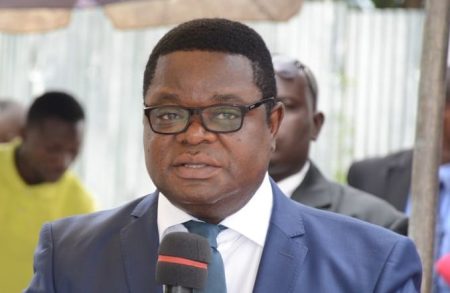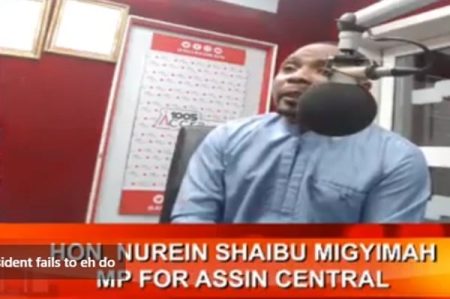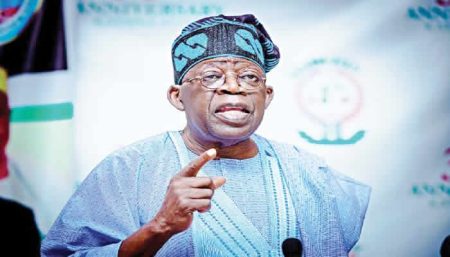Dr. Mahamudu Bawumia, former Vice President of Ghana, has publicly expressed grave concerns regarding the state of democracy under the newly elected President John Mahama. Breaking a self-imposed silence intended to allow the new administration time to establish itself, Dr. Bawumia felt compelled to speak out against what he perceives as a disturbing trend of politically motivated actions threatening the nation’s democratic foundations. His statement highlights several key areas of concern, including targeted dismissals of individuals employed under the previous administration, a climate of insecurity marked by attacks on journalists and citizens, and the misuse of state security forces, creating an atmosphere reminiscent of a military takeover rather than a democratic transition.
Central to Dr. Bawumia’s criticism is the Mahama administration’s approach to staffing. He accuses the government of engaging in widespread, politically motivated dismissals, targeting individuals across various sectors, including public service, security, healthcare, and education. These dismissals, according to Dr. Bawumia, are based not on incompetence or performance but rather on perceived political affiliations or family connections to members of the previous administration. This practice, he argues, contradicts the Mahama administration’s campaign promises of job creation and instead fosters an environment of fear and instability, leaving many Ghanaians unjustly unemployed. He stresses the irony of a government, elected on a platform of job creation, actively contributing to unemployment by dismissing qualified individuals based solely on political considerations.
Beyond the issue of dismissals, Dr. Bawumia paints a picture of rising insecurity and intimidation. He cites instances of attacks on journalists, military raids on the homes of former government officials, and mob violence targeting individuals and state institutions. These actions, he argues, are deeply troubling and indicative of a disregard for democratic principles and the rule of law. The use of state security forces in such a manner, he suggests, resembles the tactics of a military regime rather than a democratically elected government. This climate of fear and intimidation, he warns, poses a significant threat to Ghana’s democratic progress and stability.
Dr. Bawumia’s statement serves as a direct appeal to President Mahama to uphold his responsibility to govern for all Ghanaians, regardless of political affiliation. He urges the President to rise above partisan politics and prioritize the well-being of the nation. True change, he argues, doesn’t lie in repeating or escalating past mistakes but in strengthening democratic institutions and practices for future generations. He calls for an immediate halt to the politically motivated dismissals, a reversal of these unjust actions, and a commitment to protecting all citizens. He emphasizes the need for President Mahama to embody the role of a leader for all Ghanaians, not just those who voted for him.
The former Vice President frames his intervention not as an attack on the new government but as a crucial reminder of the fundamental principles of democracy enshrined in Ghana’s 1992 Constitution. He underscores the importance of justice, fairness, and respect for the rights of all citizens, regardless of their political leanings. By speaking out, Dr. Bawumia aims to hold the Mahama administration accountable to these principles and to the promises made during the election campaign. He emphasizes that the desire for change expressed by the electorate in the 2024 elections was not a mandate for political retribution but an aspiration for continued national development and improved governance.
Dr. Bawumia’s statement concludes with a powerful call to action, emphasizing the collective responsibility of all Ghanaians to protect and strengthen their democracy. He stresses the need to advance democratic principles, safeguard state institutions, and uphold the Constitution. He underscores the belief that Ghana can and must strive for better governance, urging citizens to hold their leaders accountable and to demand a future where democracy flourishes and the rights of all are protected. The statement has ignited nationwide debate and anticipation for the Mahama administration’s response, leaving political observers to analyze whether the government will address the concerns raised or dismiss them as mere political rhetoric.


